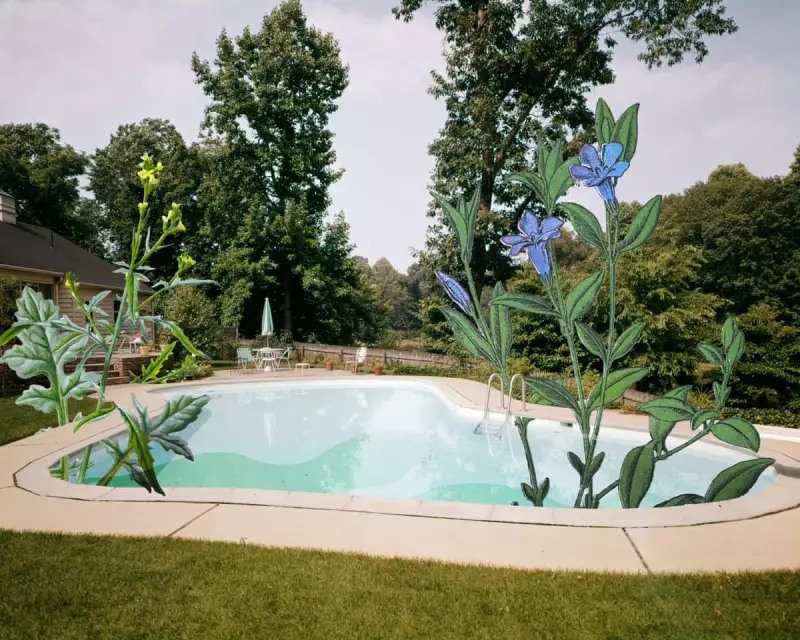
For many British homeowners, the dream of having a private swimming pool represents the ultimate luxury. However, the reality often involves endless maintenance, chemical balancing acts, and unexpected expenses that transform this dream into a significant burden.
The Maintenance Nightmare
Imagine waking up on a chilly morning to discover your pool has developed an alarming green tinge during its winter hibernation. This common scenario faces the 3.1 million Australians with home pools, and UK pool owners face similar challenges. What begins as an attractive backyard feature quickly becomes what experts describe as "a large, delicate, expensive pet" that demands constant attention.
According to hardware industry professionals with extensive experience, pool ownership involves far more than the occasional cocktail hour dip. The initial excitement of crystal blue water quickly fades when confronted with the reality of year-round maintenance, even during months when swimming isn't practical.
The Chemical Balancing Act
Maintaining pool health requires understanding a complex chemical relationship between temperature, pH levels, and various sanitising agents. Many owners, like the fictional Bruce from our Australian example, struggle with this balancing act. The consequences of improper chemical management can range from minor irritations to serious health risks, including infections from waterborne pathogens.
Hardware stores typically stock 37 different pool treatment options, from robot cleaners to chemical solutions. Chlorine remains the bulk seller, despite its tendency to degrade into toxic hydrogen chloride gas. Professional pool advisors often caution against over-chlorination, which can cause hair discolouration and skin irritation.
The chemical arsenal required for proper pool maintenance includes:
- Soda ash to increase pH levels
- Hydrochloric acid for pH correction
- Calcium increaser to prevent corrosion
- Clarifiers for water haze
- Phosphate removers to starve microbes
- Various algaecides targeting different algae species
Beyond Chemicals: The Physical Demands
Chemical maintenance represents just one aspect of pool ownership. Physical maintenance includes dealing with leaves that escape even the most expensive robotic cleaners, unblocking pumps clogged with everything from golf balls to wildlife, and managing temperature control systems.
Many pool owners eventually question their investment when faced with wince-inducing power bills, the social pressure of hosting pool parties, and the realisation that their children's enthusiasm for swimming diminishes as they grow older. The romantic vision of backyard entertaining often gives way to the reality of scooping leaves while hungover in the morning glare.
As one hardware professional noted, "I'm a kind of pool doctor/drug dealer. I sell the chemicals so his pool can get its fix." This analogy highlights the ongoing dependency and expense that characterises pool ownership.
Is Pool Ownership Worth It?
For those considering installing a pool or purchasing a property with one, the experience of countless owners suggests caution. Beyond the initial installation costs ranging from £20,000 to £50,000, annual maintenance can easily exceed £1,000-£2,000 when accounting for chemicals, electricity, cleaning, and repairs.
While pools undoubtedly provide enjoyment during heatwaves and family gatherings, the year-round responsibility often outweighs these benefits for many homeowners. As our Australian example concludes: "Poor Bruce. Who'd have a pool. Really? You don't have one? Lucky you."
For British homeowners contemplating taking the plunge, thorough research and realistic expectations about the ongoing commitment required might prevent future regrets about what should be a luxury becoming a liability.





